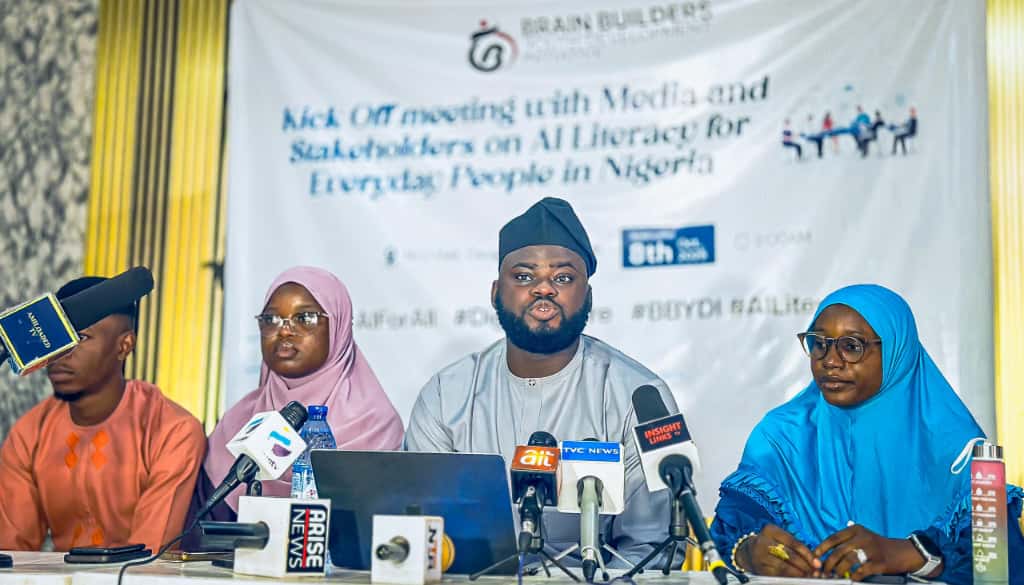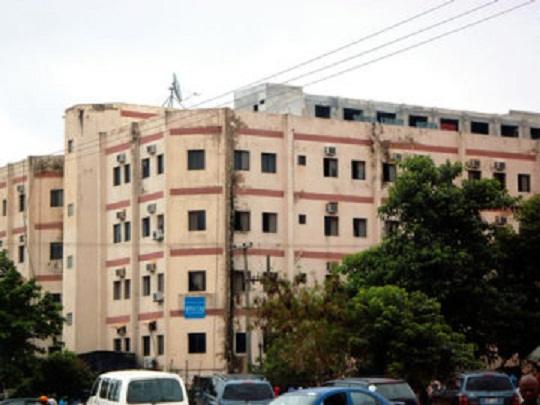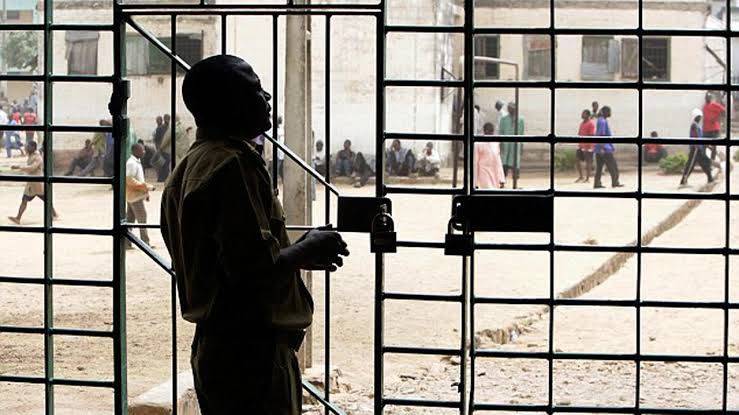BBYDI launches national AI Literacy Project to promote ethical technology use
*…targets 100,000 Nigerians with focus on ethics, safety, inclusion
The Brain Builders Youth Development Initiative (BBYDI) has launched a nationwide project to equip Nigerians with the knowledge, safety awareness, and ethical understanding of artificial intelligence (AI).
The initiative, tagged “AI Literacy for Everyday People,” was unveiled on Wednesday at the Nigeria Union of Journalists (NUJ) Hall in Osogbo, Osun State. The event drew participants from the media, civil society, education ministries, and the tech innovation space.
In a statement at the launch, BBYDI’s Communication Director, Mr. Sanni Alausa Issa, described the programme as a national effort to make AI “understandable, usable, safe, and ethical” for all Nigerians, irrespective of background or location.
He explained that the project aligns with the Federal Government’s newly introduced basic and senior secondary school curriculum, which prioritises creativity, skills, and values-based education.
“This is the Nigeria we have always envisioned; a country where education keeps pace with global change, and where technology is guided by ethics, safety, and inclusion, not exploitation,” Issa said.
According to him, the initiative is built on four pillars, Understanding, Use, Safety, and Ethics, and seeks to help Nigerians adopt and engage with artificial intelligence responsibly.
“The most powerful technology in the wrong hands, or used without judgment, can deepen inequality and fuel misinformation. Our mission is to ensure Nigerians understand what AI is, use it productively, apply it safely, and uphold ethics in its use,” he added.
The programme will integrate AI literacy into the national education framework through curriculum incorporation for basic and secondary schools. It will also feature a radio drama series in Yoruba, Pidgin, and Hausa, to simplify AI concepts for diverse audiences in Osun and Kwara States.
Other components include flashcards for primary schools, storybooks for secondary schools, train-the-trainer sessions for teachers and community champions, a draft of Nigeria’s first AI Blueprint, and an essay competition for tertiary students to encourage critical thinking and innovation.
Issa disclosed that a validation workshop for the AI Literacy Curriculum had been held at the University of Ilorin, where experts and educators reviewed the materials for nationwide adaptation.
He said BBYDI’s strategy ensures that AI education goes beyond classrooms to reach every community through policy advocacy, engagement, and storytelling. “A farmer in Kwara can learn about AI-assisted weather predictions in Yoruba, while a parent in Osun can engage with AI ethics through relatable stories,” he explained.
BBYDI reaffirmed its commitment to working with the Federal Ministry of Education and state agencies to make AI literacy a national reality. “Our project complements the new curriculum. It turns policy into practice; one school, one teacher, one community at a time,” Issa said.
He urged the media to support the project by amplifying stories of innovation and inclusion that inspire trust and curiosity about AI.
According to him, BBYDI targets 100,000 beneficiaries including teachers, students, parents, and artisans, in its first year, with plans to expand to other regions in subsequent phases.
“The future of AI in Nigeria does not belong to machines. It belongs to our people, their ethics, creativity, imagination, and courage to use technology for good,” Issa concluded.
BBYDI also acknowledged the Patrick J. McGovern Foundation for its support in making the initiative possible.







